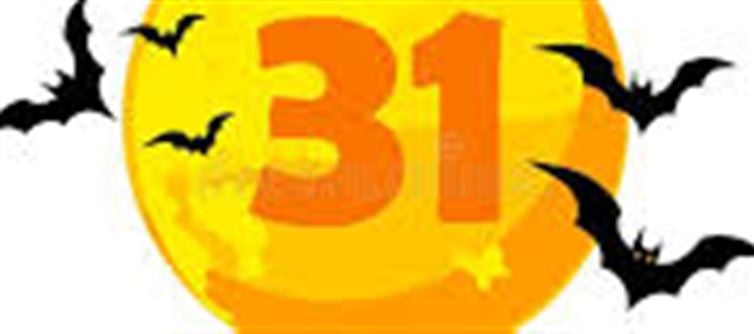
October 31 itself does not mark a specific, widely recognized event recorded in the bible, as the Bible’s narratives are generally not tied to specific modern calendar dates. However, the date holds significant cultural and religious importance because of its connection to All Hallows’ Eve, or Halloween, which has roots in Christian tradition and earlier pagan practices.
Here’s an exploration of october 31’s biblical and religious significance, especially in the context of its historical and spiritual connections.
1. All Hallows’ Eve and Its Christian Roots
October 31 is traditionally known as All Hallows’ Eve, the evening before All Saints’ Day (November 1). All Saints’ Day is a Christian feast dedicated to honoring all saints, known and unknown, who have attained heaven. The term “hallow” means “holy” or “saint,” so All Hallows’ Eve is essentially the “eve of the holy ones.”
The feast was established by the early Church to commemorate martyrs and saints. Its origins trace back to the 7th or 8th century when Pope Gregory III designated november 1 as a day to honor all saints. The evening before naturally became known as All Hallows’ Eve, which eventually evolved into Halloween.
2. Biblical Themes Reflected in october 31 Traditions
Though october 31 itself is not mentioned in the bible, many of the themes tied to this date resonate with biblical ideas:
Life, Death, and Resurrection: Christian theology emphasizes victory over death through Jesus Christ’s resurrection. The remembrance of saints on All Saints’ Day reflects this hope of eternal life.
Spiritual Battle: The bible talks about the struggle between good and evil (Ephesians 6:12). The costumes and imagery of Halloween—ghosts, demons, and spirits—symbolize mankind’s awareness of this spiritual conflict.
Remembrance of the Dead: All Souls’ Day (November 2) follows All Saints’ Day and focuses on praying for souls in purgatory. The connection to october 31 lies in the preparation and remembrance of the dead, themes consistent with biblical prayers for the departed.
3. Christian Perspectives on Halloween
Over time, the relationship between october 31 and christianity has varied. Some Christian groups embrace the day as a way to remember saints and the spiritual realm, while others reject Halloween due to its pagan origins and associations with superstition.
Many churches now host “harvest festivals” or “trunk-or-treat” events as family-friendly alternatives that focus on positive biblical values, such as community, generosity, and light overcoming darkness.
Conclusion
While october 31 itself does not mark a specific biblical event, it is deeply entwined with Christian tradition through All Hallows’ Eve, the vigil before All Saints’ Day. This date encourages reflection on themes of holiness, remembrance, and spiritual victory, which are central to Christian belief. Through evolving customs, october 31 remains a bridge connecting ancient religious practices, biblical themes, and contemporary culture.
Disclaimer:
The views and opinions expressed in this article are those of the author and do not necessarily reflect the official policy or position of any agency, organization, employer, or company. All information provided is for general informational purposes only. While every effort has been made to ensure accuracy, we make no representations or warranties of any kind, express or implied, about the completeness, reliability, or suitability of the information contained herein. Readers are advised to verify facts and seek professional advice where necessary. Any reliance placed on such information is strictly at the reader’s own risk..jpg)




 click and follow Indiaherald WhatsApp channel
click and follow Indiaherald WhatsApp channel